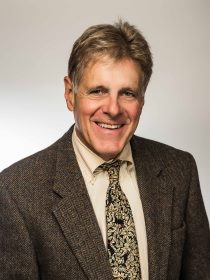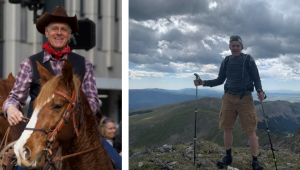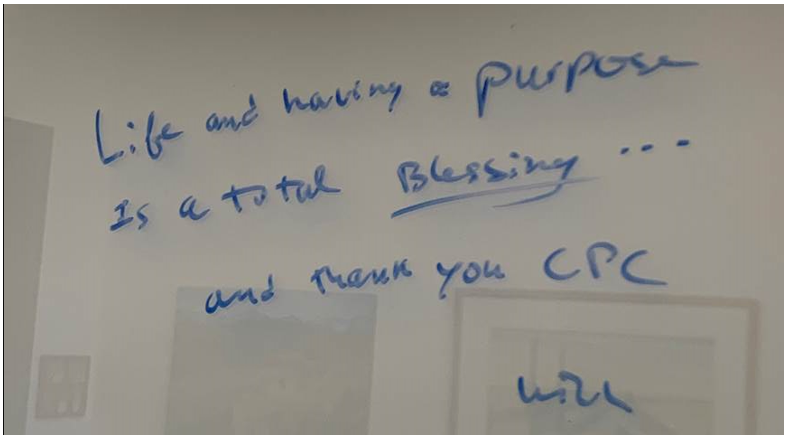On behalf of the CPC family, we are deeply saddened to announce the news that Dr. William R. Hiatt passed away peacefully on December 8, 2020 at home surrounded by his family. Dr. Hiatt embodied our mission, vision and values and dedicated his life to improving the care of patients. His death represents a profound loss of one of the pillars of the field of clinical Vascular Medicine and cardiovascular research as well as a dedicated mentor to so many of us.
For inquiries related to his memorial or address for correspondence, please contact info@cpcmed.org. More information will be forthcoming with regard to initiatives to celebrate Will’s legacy.



